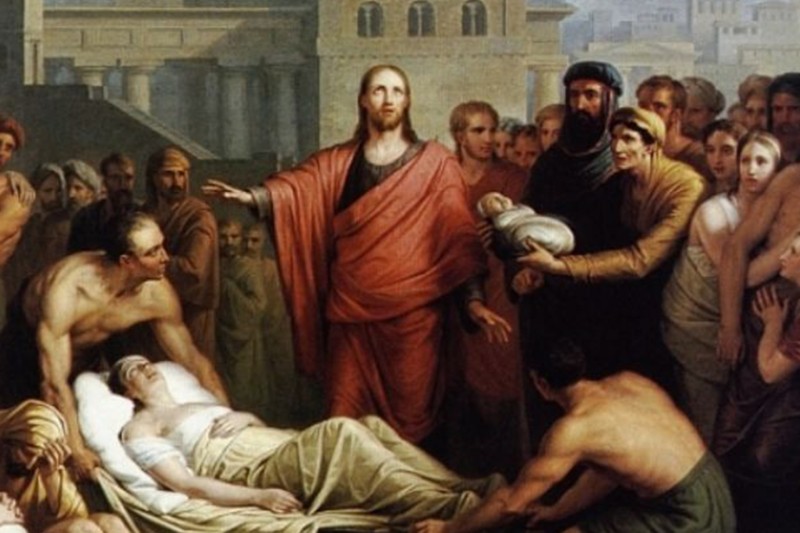“Abomination of Desolation in the Holy Place”
This quote from Jesus, the Ecumenical Christ, in His Gospel according to Matthew 24:15, contained in the End Times Sermon—a reference to the words spoken of by the prophet Daniel in the Old Testament of the Holy Bible—should be the theme of deep reflection in our society.
The death of 12 children at the Tasso da Silveira School in Realengo, Rio de Janeiro, on Thursday, March 7, was a sad episode of human madness that affected us all, indiscriminately. This episode will never be extinguished from our memories. First, in respect to the memory of those who left; second, because the memory of the fatality will always invite us to take a significant journey to a certain sacred region, inhospitable to some: our inner being. What place is more sacred than the human heart? The organ that symbolizes our most admirable expressions as beings created, in Spirit, in accordance to the image and similarity of God, has never been so mistreated.
There are those who think that the human heart is a garbage can. This idea has been so frequently spilled on populations that I find it curious when someone is surprised when they return this filthiness in the form of brutality and insane actions.
Reeducation is urgent!
At the LGW we cultivate the Divine Part–in another words, what is sublime–which exists in all individuals, waiting to be awakened in order to demonstrate its effectiveness in the service of Good, a luminous portion that each being carries within him/herself, independent of beliefs or disbeliefs. Mercy, Compassion, Justice—combined with Fraternity—and other noble feelings are manifestations of this superior component of our character. Moreover, these values should be developed from the earliest age, beginning in the bosom of the family.
Apropos, in a document I sent to the UN on the occasion of the Conference on the Status of Woman, in March 2009, a subject already discussed about in this column, I reaffirm that world stability begins in the hearts of children. . . . The affection that inspires our teaching proposal (the Pedagogy of Affection and the Ecumenical Citizen Pedagogy), taken in its highest sense, is, besides a lofty feeling of the Soul, a political strategy, equally understood in its most exalted nature, in consonance with Social Justice, as a survival strategy for individuals, peoples and nations. Human Beings—therefore citizens, among them the hopeful young ones—are much more than a bag of flesh, bones, muscles, nerves, blood. They love and suffer. They dream, wish, create and get frustrated, and, despite everything, they continue, they forge ahead. . . Besides laws, they deserve respect so that obscure privileges are never established and so that these laws can be fulfilled for the benefit of all . . . .

Culture of Peace
Now, more than ever, the existence of the Divine Solidary Love has become indispensable, because only it is capable of dispelling from the Earth the darkness of crime, poverty and pain when understood and carried out in all its compassionate, fair and, therefore, effective power, not only in terms of Religion, but also through Politics, Science, Economics, Arts, Sports and by means of international relationships, from the simplest worker to the public man.
For this reason, Jesus’ Gospel—when read and experienced in Spirit and Truth (not in the literal sense that kills, as Apostle Paul said), under the light of the Heavenly Provider’s New Commandment—presents a solution to the problems that torment us. Hence the warning: a book inspired by God, who is Love, if understood through the lens of hate, ends up transforming into a stimulus for misfortune (and History can confirm this).

Without the proverbial inspiration of the Solidarity taught by Christ and by the luminaries of faiths and elite thinkers, human progress will always fall short of society’s expectations.
The comments do not represent the views of this site and are the sole responsibility of their authors. It denied the inclusion of inappropriate materials that violate the moral, good customs, and/or the rights of others. Learn more at Frequently asked questions.